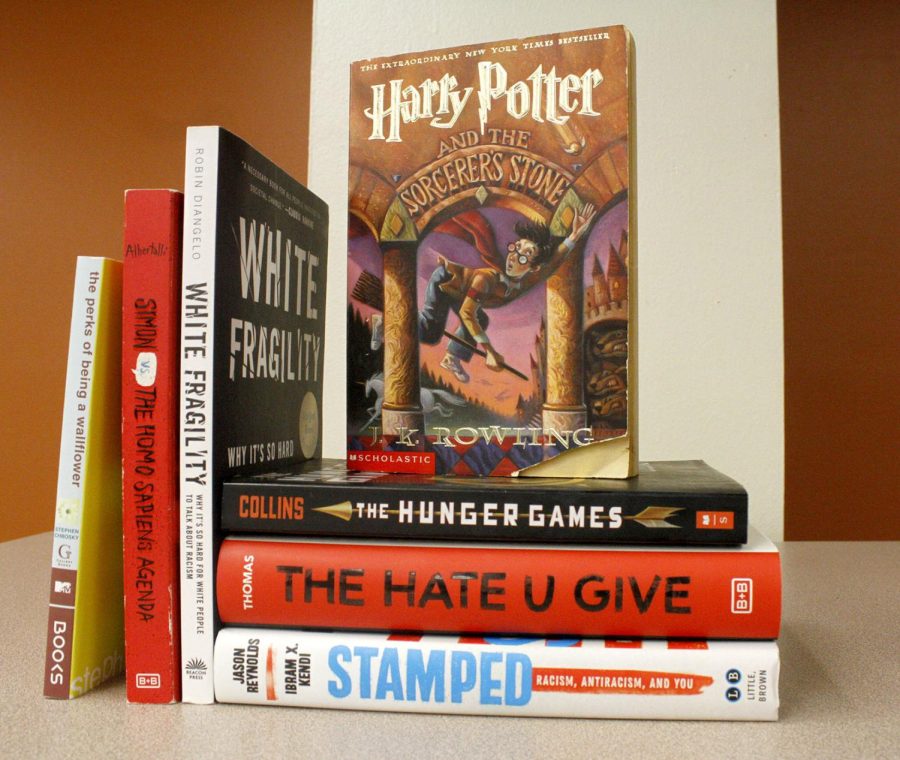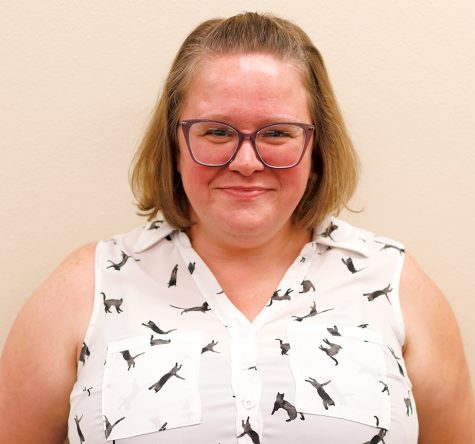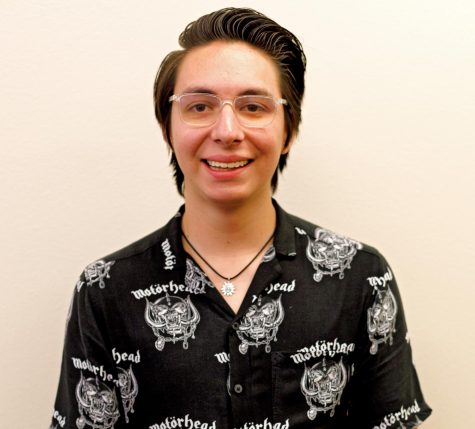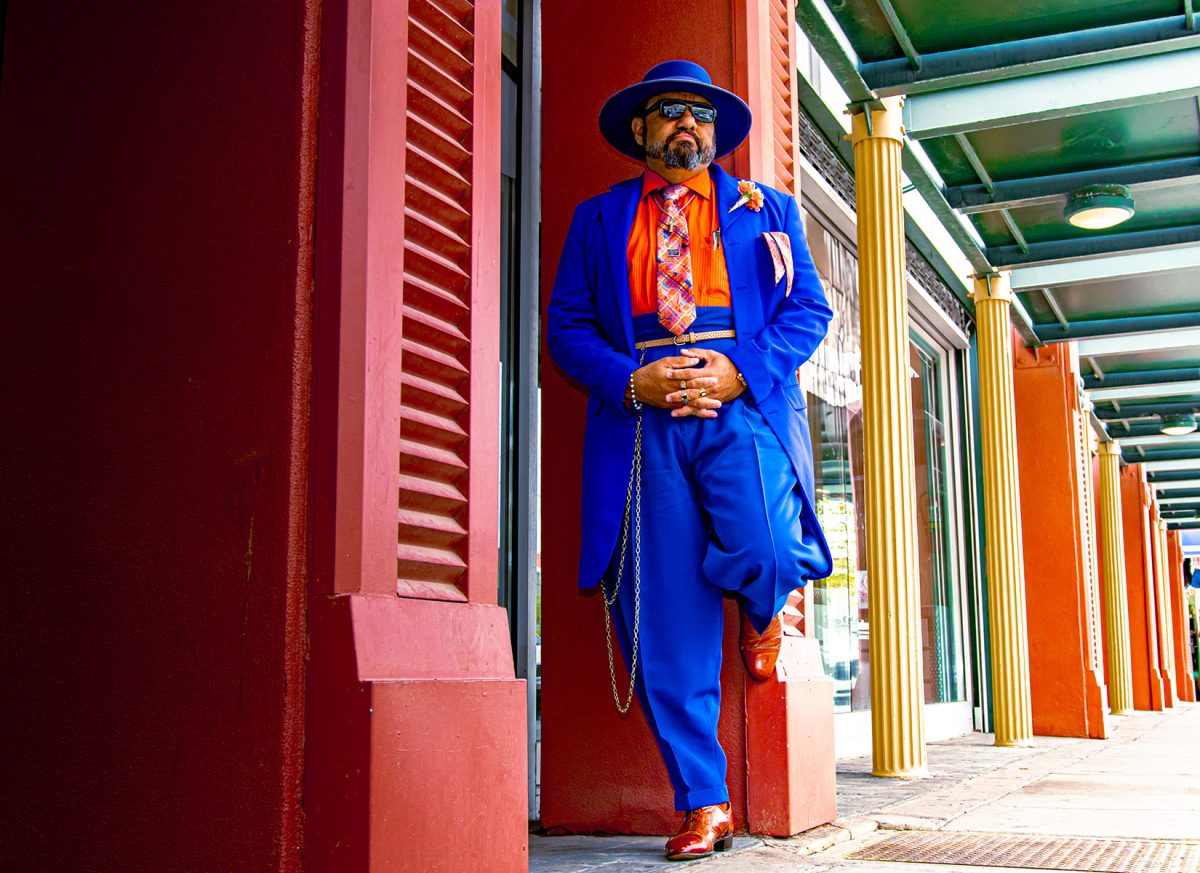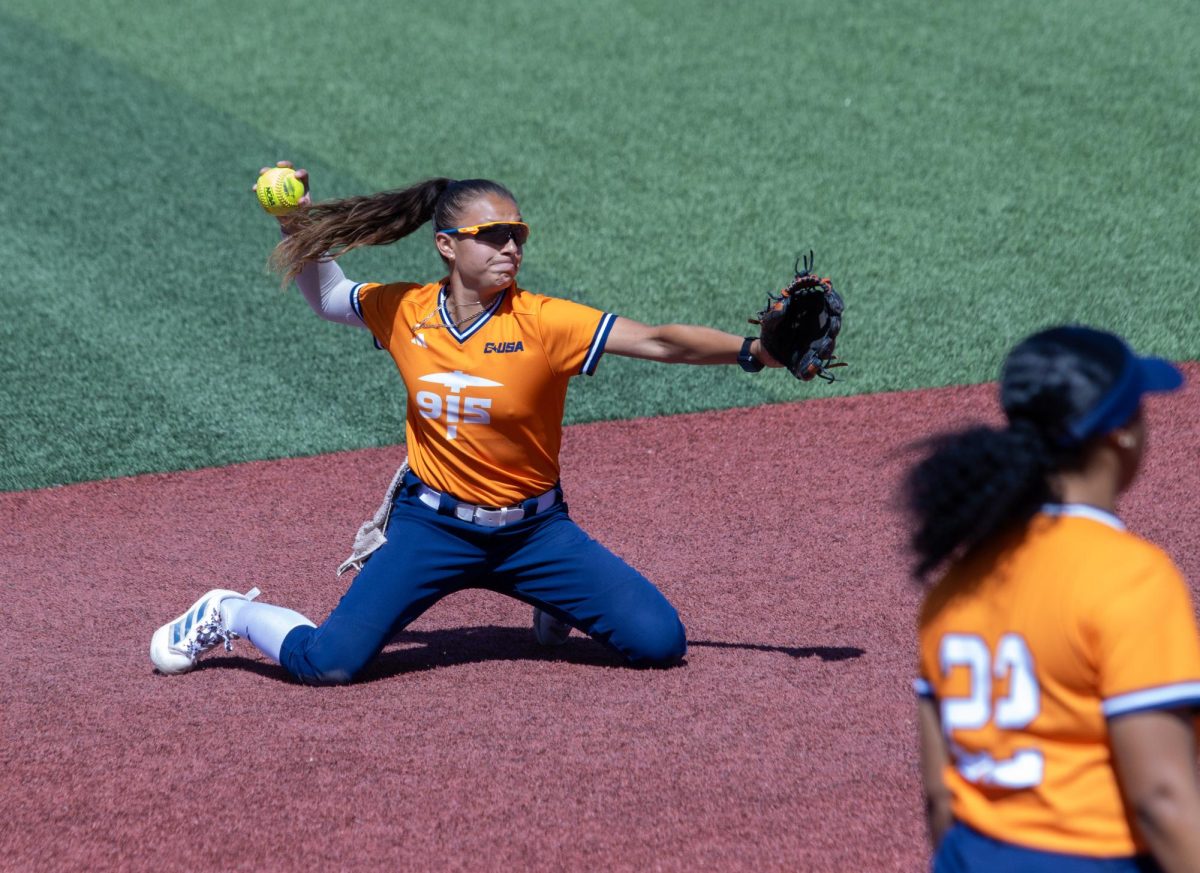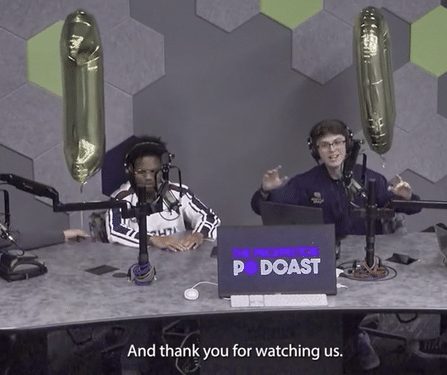While many authors and stories are celebrated and advocated for, the United States is in the middle of a debate on what literature should be allowed in schools. Banned Books Week is usually celebrated in the final week of September.
Texas Gov. Greg Abbott signed a bill Sept. 1, 2021, to promote a more patriotic education for Texans. By doing so, this denies access to books like “The 1619 Project” which are considered divisive by the state.
In October 2021, Republican Texas Rep. Matt Krause addressed school districts on 850 book titles for investigation. Texas districts began a mass removal including Granbury Independent School District which removed 130 titles, and North East Independent School District which removed 432 titles, according to Pen America. Texas ranked first in the most banned book titles at 801, spanning 22 districts.
“My family takes it really seriously. We are the parents of teenagers. We have two high schoolers here in El Paso,” said Melissa Wardy, mother of two. “I am very anti-book ban, so I think that kids should have access to all books, all the time. I think that a civilized society educates its young minds and it’s not fearful of any topic, or any group of people.”
The top 10 most banned books of 2021 include, “Gender Queer: A Memoir” by Maia Kobabe, “Lawn Boy” by Jonathan Evison, “All boys Aren’t Blue” by George M. Johnson, “Out of Darkness” by Ashley Hope Pérez, “The Hate U Give” by Angie Thomas, “The Absolutely True Diary of a Part-Time Indian” by Sherman Alexie, “Me and Earl and the Dying Girl” by Jesse Andrews, “The Bluest Eye” by Toni Morrison, “This Book is Gay” by Juno Dawson and “Beyond Magenta” by Susan Kuklin.
One of the most banned authors is Toni Morrison, according to Pen America. About 40 percent of the banned titles are connected to political pressure and legislation. Some of the reasons associated with banning books are divisiveness, perversion, and witchcraft.
“I think it’s ridiculous, I think that the books that are being banned are not anything super explicit, or anything super intense,” said Kierra Lopez-Robinson, UTEP organizational and corporate communication major. “It’s just they’re being banned to filter out that part of education that people are receiving those resources.”
Lopez-Robinson runs her own nonprofit, providing books that cover antiracism and spread multicultural messages to the community via pop-ups.
According to Wardy, she thinks people are better with these stories, because they can teach empathy and understanding within a community and the world. Lopez-Robinson shares this same sentiment and thinks that we need to start communicating.
“I feel like it starts with having those conversations at home since children aren’t going to be able to get them in the classroom,” Lopez-Robinson said.
She added that these conversations could make banned books more acceptable.
Kristen Scheaffer is a contributor and can be reached at kmscheaffer@miners.utep.edu.


